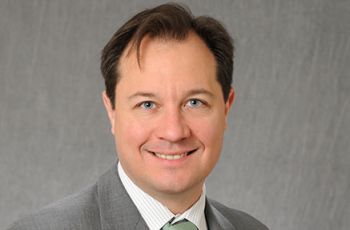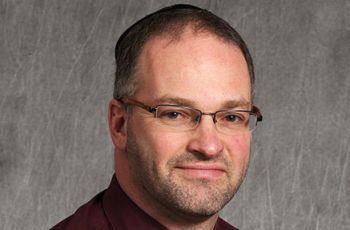Emergency Medicine
Around the emergency department, it’s known as “testing creep.” Conventionally, it’s called human nature — the more you have, the more you use, the more you want.
Saba Ghorab, a second year medical student at the George Washington University School of Medicine and Health Sciences (SMHS), remembers the day in January 2010 when a 7.0 magnitude earthquake struck Haiti.
Numerous studies and clinical trials have demonstrated that the use of Automated External Defibrillation devices (AEDs) can dramatically increase the survival rate of someone who suffers “sudden cardiac arrest,” (SCA), especially in high-density public places, such as shopping malls, hotels, sports…
The Department of Emergency Medicine of the GW School of Medicine and Health Sciences is hosting the DC area’s first EMT-Basic Clinical Summer Program aimed at high school and first/second year college students interested in a healthcare delivery career.
WASHINGTON - DC Public Library users and employees are the recipients of improved emergency services with a donation of automated external defibrillators (AEDs) at all 25 locations, thanks to a gift from the George Washington University Cheney Cardiovascular Institute’s “ReStart DC” program.
DC Public Library users and employees are the recipients of improved emergency services with a donation of automated external defibrillators (AEDs) at all 25 locations, thanks to a gift from the George Washington University Cheney Cardiovascular Institute’s “ReStart DC” program.
The time it takes to get treated at emergency rooms in the U.S. is on the rise, but hospitals are trying new methods to reduce the wait.
More formal study is needed of rescue efforts by international response teams after earthquakes in order to improve search and recovery efforts, according to a report by Anthony Macintyre, M.D., professor of Emergency Medicine in the School of Medicine and Health Sciences. The report was published…
A new study by Jesse Pines, M.D., associate professor of Emergency Medicine in the School of Medicine and Health Sciences, found that hospital crowding does not hinder stroke care, provided patients arrive at the hospital within three hours of developing symptoms of a stroke.
The District government plans to ask the city's private doctors how much they know about HIV/AIDS as part of an effort to urge them to offer routine screenings for the disease.

